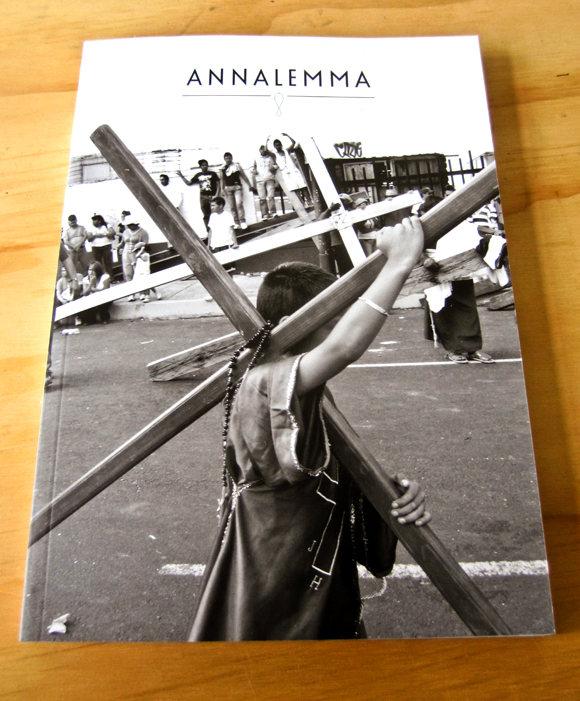I spent the summer calling in bomb threats, alternating between the cineplex on North Cumberland and the public library on Liberty. On the Sundays I didn’t want to attend church (all Sundays, with the exception of the annual carnival fun fundraiser) I dialed the United Methodist Church on Valencia, imagining the choir blundering down the front steps in a crumbling falsetto.
The fire trucks and squad cars cordoned off the church parking lot. Their bomb specialist – a lunchbox on wheels – jerked and pivoted chaotically between dueling technicians. Again? my father said, doing his best to look and sound peeved but convincing no one. I knew that I’d done him a solid. He was relieved to get back to the checkbook balancing and bill paying, from which, similarly, he received no salvation.
My mind was a shuffling rolodex, ten numbers, every arrangement a new and glorious song. I’d honed my delivery to an art. I had a three octave range and understood the importance of concision. The thriftier the warning, the more seriously the scare is taken. I made a point of emphasizing that this time it was not a joke; the other times may have been jokes, but this time it was not, and that seemed to settle it.
School picked back up in September, and though I had made a couple of calls to keep the rust at bay I’d mostly hung up my boots for the season.
Mina Thorley joined our class – Mrs. Dunkle’s class – at first frost, late in October. She was from the South, but not deep enough down that there was any tincture of twang. She wasn’t pretty enough to be popular; her nose was round and freckled like an exotic bird egg, thick black brows beetled over her dark eyes, and her hair was an overgrown muddle of yellow and brown. But her clothes were designer and she was the only girl in our class (teacher included) to wear heels to school. At lunch, girls two grades older would cluster around her while she gave them a tour of her purse.
I’d feigned a bathroom emergency to get out of a quiz and was drifting up and down the hallways when I noticed Mina on the pay phone, whispering discreetly beneath the upraised collar of her red pea coat. I knew the tone, the body language. I knew it like the inside of the Yellow Pages. The phone clicked back into the cradle, and she turned to me, Tell anyone and I’ll stick this spike right between your eyes. She pointed to her left heel. I nodded and walked away.
From the centerline of the soccer field, I saw her in the far goal mingled in with some of the other children. A woman amongst girls. She clapped with her hands criss-crossed – the way adults clap – when the convoy of fire trucks finally pulled into the bus loop.
I admired her audacity; I certainly didn’t have the nerve to dial from inside the school. I made my next call, the following day, from outside of a small pharmacy, which I knew Mina would pass on her way home. I waited with the phone to my ear for twenty minutes. When I saw her coming, I quickly dialed a popular French restaurant with the most expensive steaks in town, contorting my voice to the travel-worn timbre of an old blues musician and speaking recklessly enough for her to overhear. She slowed, squinted a little, and continued on.
In what I can only assume was her handiwork, a call to a notoriously seedy motel off Atherton implicated the county executive in a highly-publicized sex scandal. He jostled downstairs barefoot and shirtless, pants at his ankles; his voluptuous mistress followed behind, in black lingerie, with a horse whip in hand.
For a week after winter vacation, Mina was out sick, and I was entrusted with the dubious task of bringing her assignments to her house. She lived past the railroad tracks, to the south of the village, along a steep grade where the captains of local industry made camp. In the evenings, while I waited for my father to get off his double shift at the mill, I’d aim my telescope out past the tracks. I don’t know what I wanted or expected to see – a robbery or murder or fire, some sort of assurance that the grass wasn’t in fact greener on the other side.
I looked at the rows of windows and wondered which room was hers. Inside, I imagined a girl lying delirious in her four-poster bed, damp hair splayed and pasted to the pillow; and outside her room, a labyrinth of hallways and doors, nooks and closets and tall, billowing curtains, a wide array of places to hide and never be found.
I left the homework in her mailbox.
Each week Mrs. Dunkle selected two students at random to help her clean up after class. Janitorial aid, she called it. Fate finally intervened (though, statistically, we should have been paired a long time ago) and Mina and I were kept behind. While the other children began their treks home, we collected the scissors and glue and fragments of colored paper from the off the desks and floor. Mrs. Dunkle said she had to use the powder room (it was also the first time I’d heard this term; my father called it a john, my friends a bathroom; I certainly didn’t see anything “powdery” about our school toilets) and left us alone in the classroom. Mina found Mrs. Dunkle’s purse tamped down in the bottom drawer of her desk. Watch this, she said. She took out Mrs. Dunkle’s cell phone and logged a call to the boys in red, auguring fire and brimstone if they didn’t skedaddle down those slippery poles, on the double, chop-chop. She smiled, put the phone back in the purse, the purse in the drawer. My body quivered with excitement.
Mr. Clay, the school principal, visited our class the next afternoon. He asked to speak with Mrs. Dunkle in the hallway. He returned to the room alone, informing us that the police had traced one of the recent bomb threats to our own Mrs. Dunkle. We saw her fractured silhouette through the ripple glass in the door. Mr. Clay told us that for the remainder of the year we’d squeeze in with Mrs. Butterman’s class. Mina and I laced hands between our desks. We knew, for people like us, life was a beautifully burning fuse with miles and miles of lead.
Read more about Ravi Mangla here.
Read more about Alexander Lozza here.






















This is a really strong story. I was totally into it from beginning to end. Several images stood out like “We saw her fractured silhouette through the ripple glass in the door.” But they stood out in a good way, integrated in the all-over outstanding prose. Congrats!!
I agree, Gay. This story’s full of great lines, including the one you picked out. The best one for my money, as is the case with most stories I love, is the last.
I loved this, held me rapt. Not a word wasted. Congratulations, Ravi.
Indeed, that last line is brilliant. Ravi has a way of nailing final lines so it’s impossible to imagine any other ending.
And, for sure, this story is full of great lines like:
He was relieved to get back to the checkbook balancing and bill paying, from which, similarly, he received no salvation.
At lunch, girls two grades older would cluster around her while she gave them a tour of her purse.
And about 25 more.
Ravi, I think this story is up there with your LITnIMAGE piece as my favorite (oh, yeah, maybe the SLQ or the Whidby piece). Hmm, in any event, I love this one.
simply. excellence.
Fantastically told. The detached cynical tone bled beautifully through the subject matter. To take such a questionable “hobby” and twist it into a plausible romance so seamlessly is brilliant.
Addition to my comment: This story also taps into the foolish daring of youth, their tendency not to look far enough into consequences. Double-dog-dare-you kind of thing. Makes me think of that poem by Millay: My candle burns at both ends, it will not last the night, but ah, my foes and oh, my friends, it gives a lovely light.